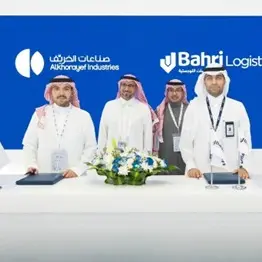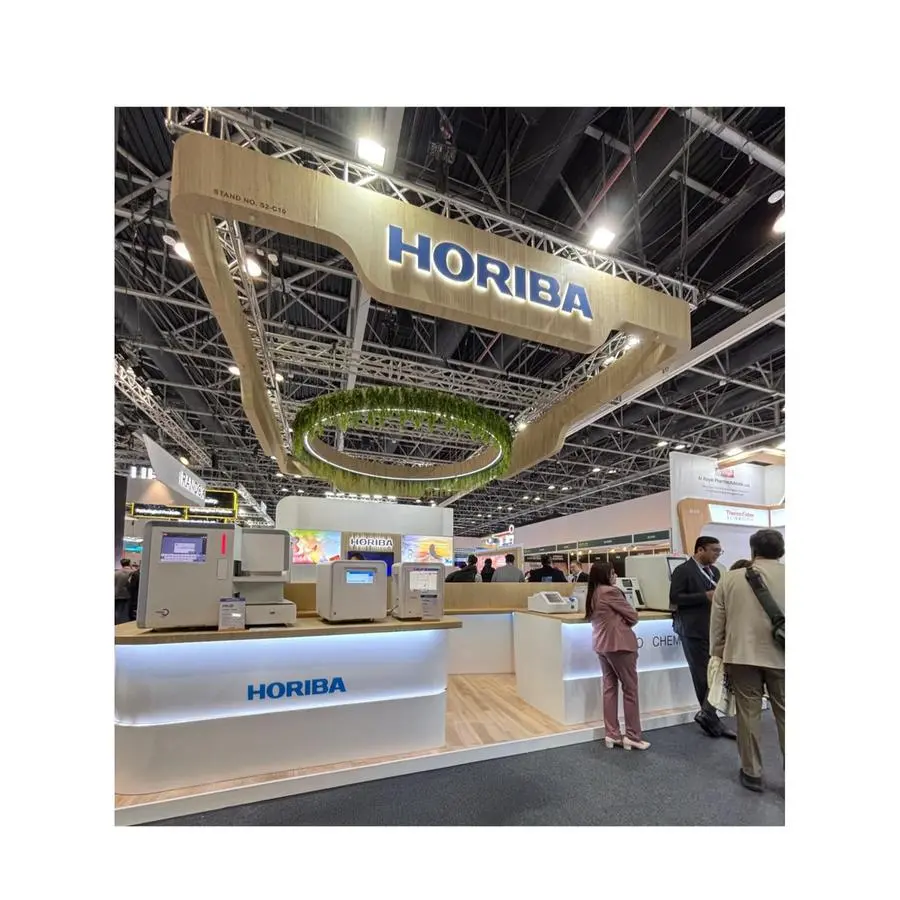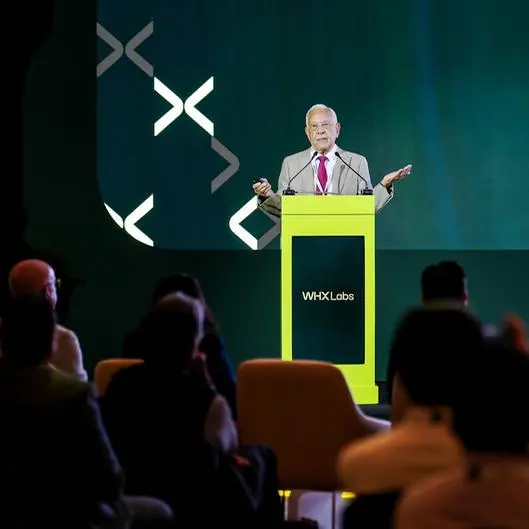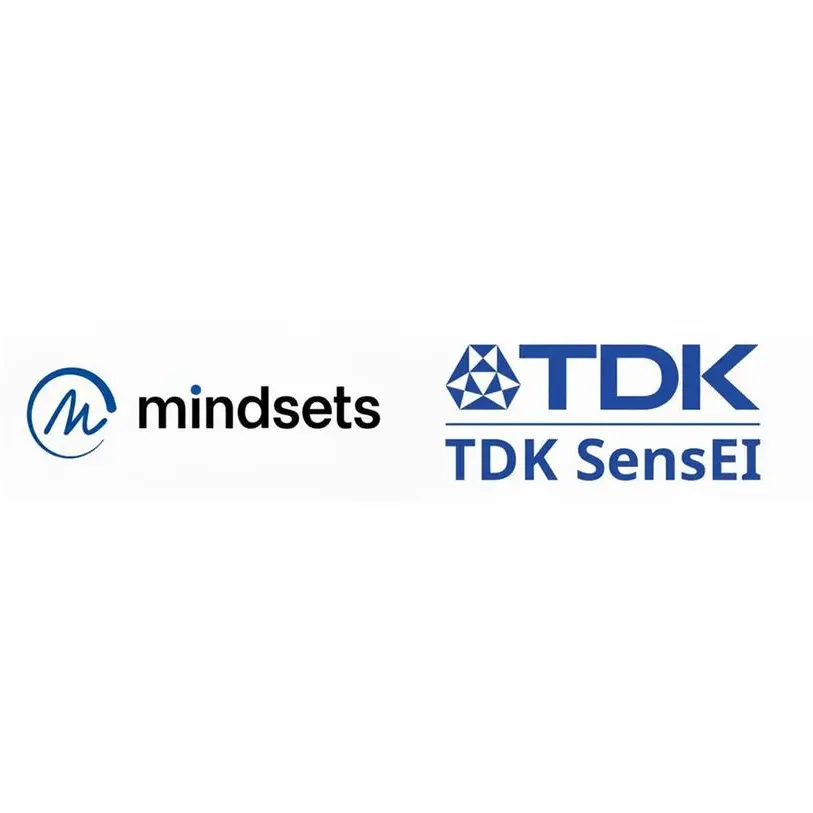- Little change in demand for commercial property as countries across the Middle East and Africa lift COVID restrictions
- Forward looking metrics less negative as capital gains set to rise over the coming year
- Middle East and Africa Commercial Property Sentiment Index rose to -22 in Q1 from -25 in Q4 2020
There’s been little short-term change in the Middle East and Africa commercial property market, according to the latest RICS Global Commercial Property Monitor but fewer respondents expect rents or capital values to fall in the coming year in more positive signs.
Demand for commercial property in the Middle East and Africa has been falling since Q3 2015 at the all sector level. This quarter, -33% more respondents reported a decline in the number of people looking for new commercial properties, which is the least weak reading to the survey since before the pandemic. Office reported the strongest declines, with industrial assets being the least negative.
Inducements – the deals designed to entice more into signing leases – increased slightly this quarter, with more respondents reporting an increase in these deals for all sectors.
Despite activity across the market being subdued, fewer respondents to the survey reported that investment into the Middle East and Africa’s commercial property is falling. -26% more respondents reported a decline at the all sector level, up from -28% in Q4 2020 and the lowest number of respondents reporting a fall since before the pandemic.
A subdued sentiment is echoed across the short-term measures for rental expectations and capital values. For the coming three months, -25% more respondents believe rents will fall at the all sector level. Whilst it is not driving the commercial recovery like other global regions, the Middle East and Africa’s industrial sector is the least subdued of all the market classes, with only -8% more respondents expecting rents to fall (an improvement on pre-pandemic levels). Looking at capital values, a net balance of -9% more respondents anticipate them to fall over the coming three months at the all sector level, but +3% expect them to rise in the industrial sector.
Whilst the short-term activity remains subdued across most of the region, respondents are less pessimistic about the year ahead. The outlook for capital values for the coming year have seen some improvement. Prime industrial capital values are set to rise by +2% with the prime office and retail sectors set to rise by +1%. However, the outlook for capital values across the secondary markets is flat.
Tarrant Parsons, RICS Economist, commented:
“The Q1 2021 survey results across the Middle East and Africa are still consistent with a somewhat difficult backdrop at present, with trends on the occupier side of market slow to recover given the current macro climate. Notwithstanding this, some more encouraging signs can be taken from the feedback regarding the investment market, as the outlook for capital values over the year ahead did move in a more positive direction in Q1. Indeed, prime markets now expected to post modest capital value gains across the whole region, even if there remains a wide dispersion in expectations at the individual country level.”
Christopher Seymour, Chair RICS Market Advisory Panel MENA, commented:
“The positive signals are that some improvement in sentiment was recorded across MENA with industrial assets now being the least subdued. Whilst capital values are forecast to rise slightly in prime sectors, secondary markets will remain flat underlining that a cautious approach is still required.”
-Ends-
Comments from contributors:
Bahrain Market is slow and it may take time to pick-up. -Manama
Israel Israel has completely reopened as a result of high levels of vaccination. Internal tourism and retail are recovering. Office workers are mostly returning to work. Secondary retail has been hit very hard.. The mall retailers have been using the downturn to restructure their leases and space use in some cases. Major retailers have held their ground. Local investors are back in the market or never left. -Tel Aviv
Oman Very difficult trading conditions in the Oman market. Lack of expat visas and Covid 19 has resulted in an exodus of both companies, professional working people, and real estate demand for each sector. - Muscat
Saudi Arabia Sentiment improving but still someway off the original pre-covid predictions. -Riyadh
UAE COVID-19 has adversely impacted the whole world which has a trickle down affect on each and every aspect of life and business. Recovery will take a bit of time after the pandemic reaches to an end. - Abu Dhabi
Generally the market has seen real pressure on a number of fronts, primarily due to a sustained low oil price and travel restrictions brought about by Covid-19, which are keeping leisure and transactions low. -Dubai
About RICS
We are RICS. Everything we do is designed to effect positive change in the built and natural environments. Through our respected global standards, leading professional progression and our trusted data and insight, we promote and enforce the highest professional standards in the development and management of land, real estate, construction and infrastructure.
Our work with others provides a foundation for confident markets, pioneers better places to live and work and is a force for positive social impact.
© Press Release 2021
Disclaimer: The contents of this press release was provided from an external third party provider. This website is not responsible for, and does not control, such external content. This content is provided on an “as is” and “as available” basis and has not been edited in any way. Neither this website nor our affiliates guarantee the accuracy of or endorse the views or opinions expressed in this press release.
The press release is provided for informational purposes only. The content does not provide tax, legal or investment advice or opinion regarding the suitability, value or profitability of any particular security, portfolio or investment strategy. Neither this website nor our affiliates shall be liable for any errors or inaccuracies in the content, or for any actions taken by you in reliance thereon. You expressly agree that your use of the information within this article is at your sole risk.
To the fullest extent permitted by applicable law, this website, its parent company, its subsidiaries, its affiliates and the respective shareholders, directors, officers, employees, agents, advertisers, content providers and licensors will not be liable (jointly or severally) to you for any direct, indirect, consequential, special, incidental, punitive or exemplary damages, including without limitation, lost profits, lost savings and lost revenues, whether in negligence, tort, contract or any other theory of liability, even if the parties have been advised of the possibility or could have foreseen any such damages.


















